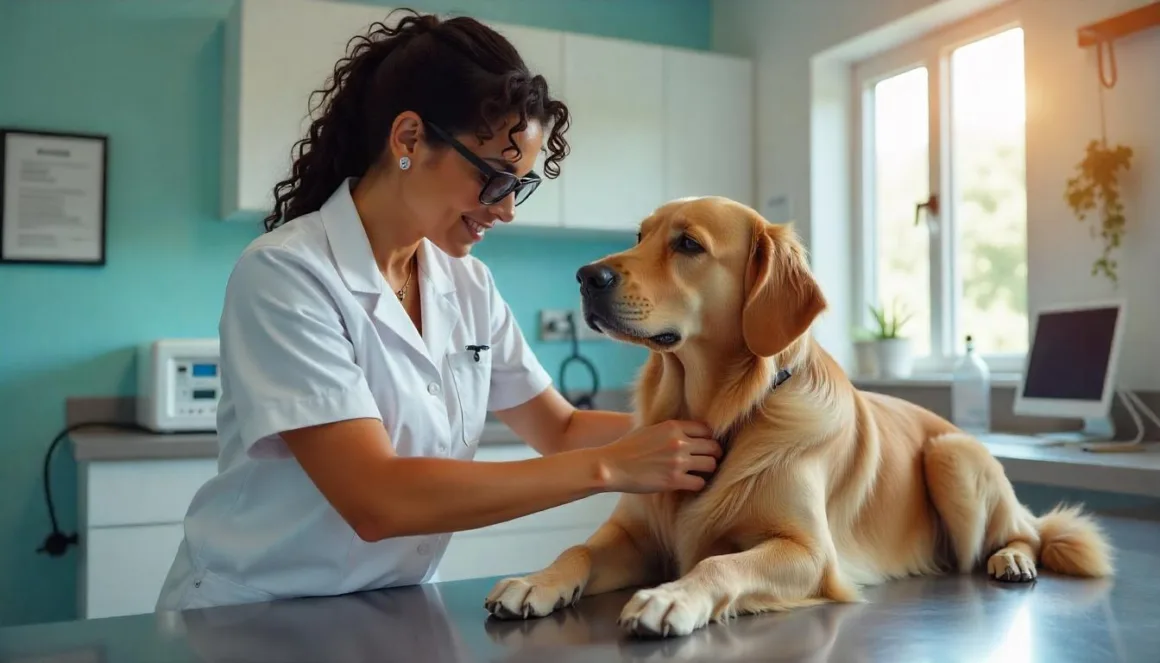Table of Contents Show
Being a pet parent provides its own own range of pleasures, obligations, worries, and heartaches; 57% of British homes have a pet. Seeing your hairy buddy in pain or sick is a roller coaster no pet owner ever gets used to. You also have to manage the financial pressures in addition to this; a basic vet appointment costs £40–£50, but emergency out-of-hours service might run as high as £100–£300.
Paying for unforeseen expenses might be difficult under the present economic situation, but your pet’s well-being cannot be compromised. This is when direct loans can prove useful. Their purpose is to provide immediate financial assistance in circumstances like those.
But we have you covered if you’re concerned about the exorbitant interest rates and want to consider other options. Let’s look at several approaches you can better handle the financial obligations of being a pet parent.
Speak About the Cost of Treatment with The Veterinarian
Discussing the overall cost of treatment with your veterinarian will clarify the cost estimate, especially in the event of a scheduled surgery. Some clinics offer cheaper pricing for long-term customers or different treatments.
Get an estimate for any treatment or surgery your pet needs as always. This guarantees you are not paying for needless procedures and helps avoid unexpected expenses. This helps you to be financially responsible while still guaranteeing your pet gets good care.
Many veterinary offices provide flexible payment arrangements so you may pay in installments, therefore alleviating the burden of a major initial payment.
Pet Insurance Is Something to Think About
When sudden medical bills appear, pet insurance might be a lifesaver. Early insurance coverage may help to guarantee a lower premium if your pet is in perfect health than if you postpone until a pre-existing condition appears.
Your selected insurance policy will determine whether it covers anything from long-term therapies to emergency operations. Though pet insurance might seem to be an added initial expenditure, it saves you from going over the limit in an emergency.
Are vet charges troubling you? Investigate cheap solutions. Prioritize your pet’s health without breaking the bank by locating charities, comparing prices, and studying payment plans.
Contrast Prices
Not all veterinary facilities charge the same; some provide the same level of care at a less expensive price. Doing some study and matching local customs will help one to discover the optimum value for money without sacrificing quality.
Non-profit groups such Animal Trust provide reduced-cost consultations and treatment that could save you a lot on vet fees. Although emergency visits will still run you somewhat more than regular check-ups, non-profit veterinarians frequently charge less basic fees than conventional clinics.
Should a treatment appear too pricey, think about a second opinion. While some vets might advise unneeded procedures, another expert might provide a less expensive solution.
Exploration of several points of view guarantees you make an educated medical and financial decision for your pet.
Investigate Pet Health Clubs and Fixed Plans
Some veterinary clinics have health clubs or monthly pet care programs that let you disperse your expenses instead of paying for everything all at once. Annual health exams, vaccinations, flea and worming treatments, and even food, toy, and accessories discounts are sometimes found in these policies.
Signing up for a fixed monthly payment plan can help lower the financial burden of ongoing pet care, therefore simplifying budgeting for regular expenditures and guaranteeing your pet is well.
Steer Clear of Homemade Treatments to Reduce Expenses
It can be difficult to resist home remedies or follow the recommendations of well-meaning buddies instead of seeing the vet when money is limited. Many common human medications are poisonous to pets, though, and what works for one animal may not be safe for another.
For instance, paracetamol is extremely poisonous for cats; ibuprofen can be harmful for both cats and dogs. Misusing drugs can have significant consequences, causing ever greater vet fees and, in worst cases, could be lethal for your dog.
If you see any strange behaviour, illness, or damage, always check a licensed veterinarian. Early expert advice can save you money in the long run and help avoid more serious health problems.
Search for Organizations Supporting Vet Bills
Financial assistance for vet costs or low-cost treatment is available from many charities and non-profit groups if you are facing economic challenges.
- For pet owners on government subsidies living inside their hospital’s catchment area, PDSA offers free or reduced veterinary care.
- Offering cheap care to people who satisfy the eligibility requirements, this charity runs reasonably priced veterinary clinics all around England.
- Blue Cross guarantees pets receive the care they require without putting too much financial strain on owners by offering means-tested financial aid to low-income families.
These groups can help you save a lot of money and guarantee your pet gets medical care even under budget constraints.
Summarising It Up
Managing unforeseen veterinary costs can be taxing, but taking refuge in loans is not the only way out. Being proactive in your financial planning guarantees that your pet receives the care they need. Today’s small planning can help you and your furry companion have a joyful, healthy future.
FAQ
Some alternatives to payday loans for covering vet bills include pet insurance, personal loans from banks or credit unions, veterinary payment plans, crowdfunding, and assistance from animal welfare organizations.
To budget for unexpected vet expenses, consider setting up a dedicated savings account for pet care, regularly contributing to it, and estimating potential costs based on your pet’s health needs and previous veterinary visits.
If you cannot afford your pet’s vet bill, communicate openly with your veterinarian about your financial situation. They may offer payment plans and discounts or refer you to organizations that can help with financial assistance.
Yes, several organizations provide financial assistance for pet medical expenses, such as the Pet Fund, RedRover, and the Humane Society. It’s advisable to research and apply for assistance as soon as possible.
Pet insurance can help cover a portion of your pet’s veterinary expenses, depending on the plan you choose. It typically reimburses you for eligible costs after you pay your vet, reducing the financial burden of unexpected medical bills.









